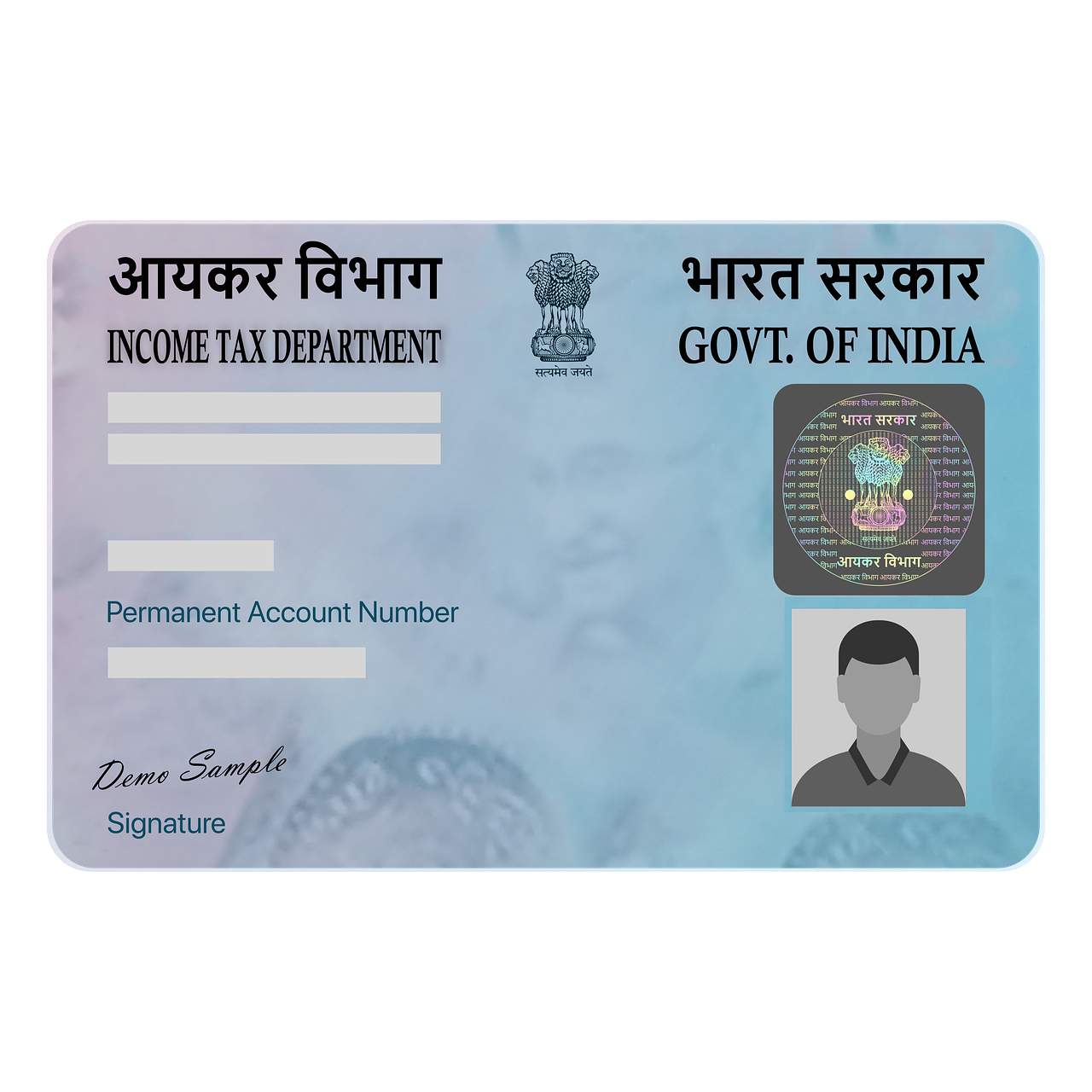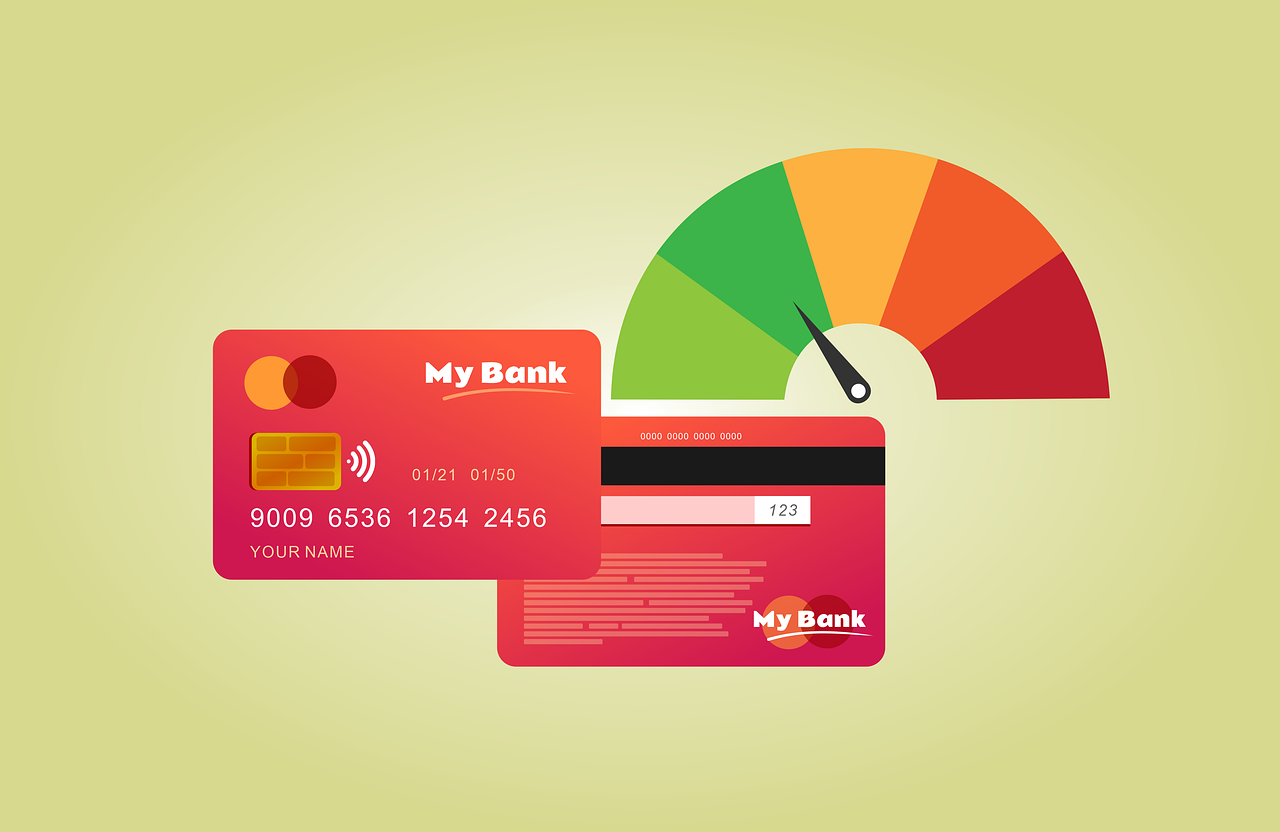Building and maintaining a solid credit history is a crucial step towards financial stability and future opportunities. By carefully managing your credit, you can gain access to better interest rates, secure loan approvals, and even increase your chances of landing your dream job. In this article ‘Mastering Credit: Strategies to Build and Maintain a Solid Credit History’, we will explore some practical tips and strategies to help you establish and maintain an excellent credit history, allowing you to navigate the financial landscape with confidence and ease. So, buckle up and get ready to take control of your credit and unlock a world of possibilities!
Why is a credit history important?
Credit history and credit scores
Your credit history is a record of your borrowing and repayment activities, and it plays a crucial role in your financial life. Lenders, landlords, and even potential employers often review your credit history to assess your creditworthiness and make decisions about granting you loans, renting you a property, or offering you a job. A key factor in evaluating your creditworthiness is your credit score, which is derived from your credit history. A higher credit score indicates a more favorable credit history and can lead to better opportunities and benefits.
The importance of a good credit history
Having a good credit history is vital for various reasons. It demonstrates your ability to manage credit responsibly, which can grant you access to better loan and credit card options. Lenders are more likely to offer you favorable interest rates and terms if you have a proven track record of responsible credit behavior. Additionally, a good credit history can enhance your chances of securing rental properties and employment opportunities. Landlords and employers often rely on credit histories to gauge an individual’s reliability and financial stability.
Understanding credit reports
What is a credit report?
A credit report is a comprehensive document that provides detailed information about your credit history. It includes data regarding your past and current credit accounts, payment records, public records such as bankruptcies or foreclosures, and inquiries made by lenders or credit providers. Credit reports are compiled by credit reporting agencies, such as Experian, Equifax, and TransUnion, who gather information from various sources like financial institutions, lenders, and public records.
Components of a credit report
Credit reports typically consist of several key components. These include personal information like your name, address, Social Security number, and date of birth. They also contain account information, such as the types of accounts you hold (credit cards, mortgages, student loans), the dates they were opened, credit limits or loan amounts, current balances, and payment histories. Public records, if applicable, may include bankruptcies, foreclosures, lawsuits, or tax liens. Lastly, credit reports list inquiries made by lenders or credit providers when you apply for credit.
How to obtain your credit report
To obtain a copy of your credit report, you can request it from any of the credit reporting agencies. By law, you are entitled to one free credit report per year from each agency. You can visit their websites, call their toll-free numbers, or request it by mail. Reviewing your credit report regularly is crucial to ensure its accuracy and identify any errors or fraudulent activity that may negatively impact your credit history.

How to establish credit
Opening a bank account
A fundamental step in establishing credit is opening a bank account. While bank accounts do not directly contribute to your credit history, they create a foundation for financial stability and responsible money management. Having a bank account showcases your ability to handle and track your finances effectively, which can be considered a positive attribute by lenders when evaluating your creditworthiness.
Secured credit cards
Secured credit cards are an effective tool for building credit, especially if you have little or no credit history. With a secured credit card, you provide a security deposit that serves as collateral for your credit limit. As you use the card and make timely payments, the card issuer reports your activity to the credit bureaus, helping to establish a positive credit history. Over time, responsible use of a secured credit card can lead to improved credit scores and pave the way for unsecured credit options.
Being added as an authorized user
Another way to build credit is by becoming an authorized user on someone else’s credit card account. When you are added as an authorized user, the primary account holder’s credit history and activity may reflect on your credit report. This can be beneficial if the primary account holder has a well-established credit history and makes timely payments. However, it is crucial to choose someone responsible and trustworthy, as any negative activity on the account can also impact your credit.
Building a positive credit history
Pay your bills on time
One of the most important aspects of building and maintaining a positive credit history is consistently paying your bills on time. Late payments can significantly harm your credit score and make it challenging to access favorable credit options in the future. To ensure timely payments, it is helpful to set up payment reminders, automate payments, or establish a personal budget that prioritizes bill payments.
Keep credit card balances low
High credit card balances can negatively impact your credit utilization ratio, a key factor in credit scoring models. Your credit utilization ratio is the percentage of your available credit that you are currently using. To build a positive credit history, it is advisable to keep your credit card balances as low as possible and aim for a utilization ratio below 30%. This demonstrates responsible credit card usage and shows lenders that you can manage your available credit responsibly.
Maintain a healthy credit utilization ratio
Alongside keeping credit card balances low, maintaining a healthy credit utilization ratio is essential. This ratio is calculated by dividing your total credit card balances by your total credit limits. It is advisable to aim for a utilization ratio below 30%, as higher ratios can signal potential financial instability to lenders. Consistently keeping your credit utilization ratio low demonstrates responsible credit usage and can positively impact your credit history and scores.

Avoiding negative marks on your credit
Late payments
Late payments can have a detrimental effect on your credit history. Payment history makes up a significant portion of your credit score, and even a single late payment can lower your score and stay on your credit report for up to seven years. To avoid late payments, it is important to establish a system that ensures you pay your bills on time, whether it be setting up automatic payments, utilizing reminders, or monitoring due dates diligently.
Collection accounts
When your debts are severely delinquent and unpaid, they may be sold to collection agencies. These agencies will then attempt to collect the owed amounts, and their involvement can significantly impact your credit history. Collection accounts are negative marks on your credit report and can stay there for up to seven years, even after you pay off the debt. It is crucial to address delinquent debts promptly and work with the collection agency to resolve the matter and minimize the impact on your credit history.
Bankruptcies and foreclosures
Bankruptcies and foreclosures are significant negative events that can have long-lasting effects on your credit history. A bankruptcy can remain on your credit report for up to ten years, while foreclosures typically stay for seven years. These events indicate financial hardship and significantly lower your credit score. To avoid these dire circumstances, it is essential to communicate with creditors when facing difficulties and explore alternative options such as loan modifications or credit counseling.
Monitoring your credit
Regularly checking your credit report
Regularly monitoring your credit report allows you to stay informed about your credit status and detect any errors or fraudulent activity. By reviewing your credit report, you can ensure that the information is accurate and up-to-date. Additionally, monitoring your credit report helps you identify any unusual activity that may indicate identity theft or unauthorized credit applications.
Utilizing credit monitoring services
Credit monitoring services can provide an added layer of protection and convenience when it comes to monitoring your credit. These services often offer features such as real-time credit monitoring, alerts for changes in your credit report, and assistance in resolving any issues or errors. While not necessary for everyone, credit monitoring services can provide peace of mind and streamline the credit monitoring process.
Detecting and resolving errors
Errors on your credit report can negatively impact your credit history and may result in lower credit scores. It is important to review your credit report thoroughly and dispute any inaccuracies promptly. You can initiate the dispute process by contacting the credit reporting agency in writing and providing supporting documents or evidence. Resolving errors on your credit report can help restore the accuracy of your credit history and improve your creditworthiness.

Managing credit responsibly
Only applying for credit when necessary
While having access to credit is essential, it is crucial to use it responsibly. Applying for credit excessively can raise concerns for lenders and negatively impact your credit history. Each time you apply for credit, a hard inquiry is placed on your credit report, which can slightly lower your credit score. To maintain a positive credit history, it is advisable to only apply for credit when necessary and to prioritize quality over quantity.
Responsible credit card usage
Credit cards can be powerful tools for building credit, but they must be used responsibly. To manage credit cards effectively, it is crucial to make timely payments, keep balances low, and avoid maxing out your credit limits. Responsible credit card usage demonstrates financial responsibility and can contribute positively to your credit history.
Avoiding excessive debt
Excessive debt can strain your financial resources and jeopardize your credit history. It is essential to borrow responsibly and avoid taking on more debt than you can comfortably handle. Maintaining a manageable debt-to-income ratio demonstrates good financial management and can help you build a positive credit history. Consider creating a budget, prioritizing necessary expenses, and living within your means to avoid excessive debt accumulation.
Dealing with debts and financial difficulties
Communicating with creditors
When facing financial difficulties, it is crucial to communicate with your creditors. Ignoring debts or avoiding collection calls can exacerbate the situation and harm your credit history. Many creditors are willing to work with you to develop a manageable repayment plan or explore alternative solutions. By proactively reaching out to your creditors, you may be able to find options that alleviate the financial strain and prevent further negative marks on your credit report.
Seeking professional help
If you find yourself overwhelmed with debt and unable to manage it on your own, seeking professional help can provide guidance and resources. Credit counseling agencies can assist you in creating a budget, negotiating with creditors, and developing a debt repayment plan. Additionally, they can provide valuable educational resources to help you improve your financial literacy and make informed decisions about your credit and debt.
Creating a budget and payment plan
Developing a budget and payment plan is essential for effectively managing your debts and improving your credit history. A budget allows you to prioritize necessary expenses, allocate funds towards debt repayment, and identify areas where you can cut back on spending. With a clear payment plan in place, you can regain control of your finances, reduce your debt, and rebuild your credit history.

Maintaining a long-term excellent credit history
Continuing responsible credit practices
Building an excellent credit history requires consistent effort and responsible credit practices. Continue to make timely payments, manage your credit utilization ratio, and avoid excessive debt. Regularly review your credit report for any changes or errors and take necessary steps to rectify them promptly.
Consistently paying bills on time
Paying your bills on time is crucial for maintaining an excellent credit history. Late payments can have a detrimental impact on your credit scores and may hinder your access to favorable credit options. Set up reminders, automate payments, or establish a budgeting system that ensures you meet all your financial obligations promptly.
Avoiding unnecessary credit applications
While it may be tempting to apply for every credit offer that comes your way, unnecessary credit applications can do more harm than good. Each application results in a hard inquiry on your credit report, which may lower your credit score. Instead, be selective and only apply for credit when necessary or when you have thoroughly researched and determined that it aligns with your financial goals.
Benefits of having an excellent credit history
Access to better loan and credit card options
Having an excellent credit history grants you access to a wider range of loan and credit card options. Lenders are more likely to offer competitive terms, lower interest rates, and higher credit limits to individuals with strong credit histories. This can save you substantial amounts of money in interest payments and provide you with more flexibility when borrowing or using credit.
Lower interest rates
One of the major benefits of an excellent credit history is the ability to secure loans and credit cards with lower interest rates. Lenders view individuals with solid credit histories as lower-risk borrowers, and, as a result, they offer more favorable interest rates. Lower interest rates mean reduced finance charges, making it easier to pay off debts and save money in the long run.
Favorable rental and employment opportunities
An excellent credit history can also enhance your chances of securing favorable rental and employment opportunities. Landlords often consider credit history as an indicator of a potential tenant’s reliability and financial responsibility. A positive credit history can increase your chances of being approved for rental properties and negotiating better lease terms. Similarly, some employers review credit histories to assess an applicant’s financial stability and responsibility. A strong credit history can enhance your employment prospects and even qualify you for certain positions that require financial trust.

